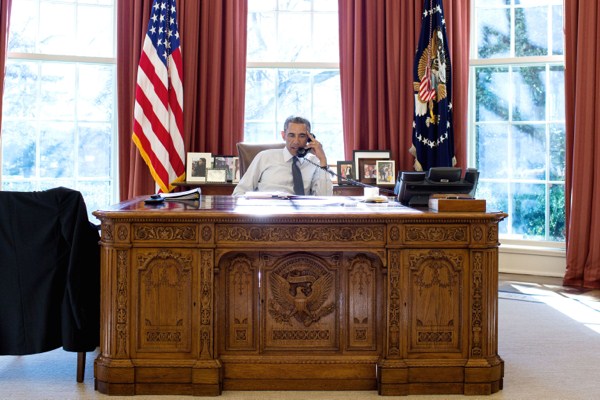U.S. President Barack Obama has returned from his holiday vacation in Hawaii to start a “barnstorming” tour across the United States to make the case for his domestic policy agenda in the run-up to the State of the Union address on Jan. 20. Faced with a new Republican-controlled Congress that will not be particularly hospitable to his proposals, Obama is likely to emphasize his core domestic priorities. When he does return to foreign policy matters after the address, Obama, like other “fourth quarter” presidents before him, will likely begin to sort the issues facing him in his last two years in office into several different baskets.
First, he will look for signature “legacy” issues that will help to define his administration. Second, he will assess what questions can be delayed or postponed for the next president to deal with. Finally, there could very well be a set of issues where Obama may initiate action but have no exit strategy in place, for himself or his successor.
When it comes to legacy issues, many of the signature achievements of the first Obama term—the winding down of U.S. involvement in Iraq, the reset of relations with Russia and progress on arms control and nuclear security—have been overtaken by events. The Libya intervention, heralded at the time as a model of low-cost but effective intervention, is now seen as a wash at best. The elimination of Osama bin Laden remains a singular achievement, but given the rise of al-Qaida franchises in the Arabian Peninsula and North Africa and the emergence of the so-called Islamic State (IS) in Syria and Iraq, it no longer seems to be a momentous turning point in the war on terror. Over the past two years, Secretary of State John Kerry has devoted a great deal of time and energy to trying to restart the Israeli-Palestinian peace process, even to the point of neglecting the announced pivot to Asia, but with few concrete results.

